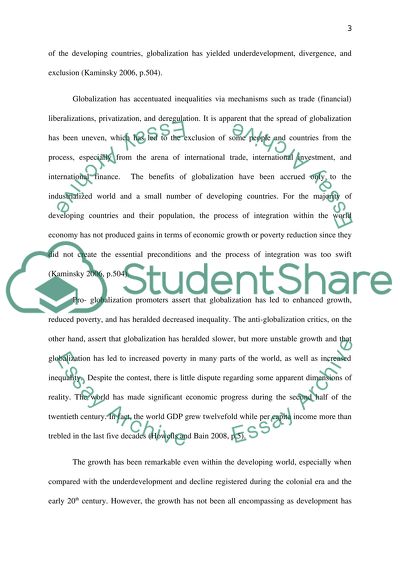Cite this document
(“Drawing on Nayyars framework for understanding the globalisation Essay”, n.d.)
Drawing on Nayyars framework for understanding the globalisation Essay. Retrieved from https://studentshare.org/finance-accounting/1607242-drawing-on-nayyars-framework-for-understanding-the-globalisation-process-explore-the-extent-to-which-the-financial-crisis-of-2008-has-undermined-international-production-and-governance-in-doing-so-explain-why-global-financial-stability-is-important-t
Drawing on Nayyars framework for understanding the globalisation Essay. Retrieved from https://studentshare.org/finance-accounting/1607242-drawing-on-nayyars-framework-for-understanding-the-globalisation-process-explore-the-extent-to-which-the-financial-crisis-of-2008-has-undermined-international-production-and-governance-in-doing-so-explain-why-global-financial-stability-is-important-t
(Drawing on Nayyars Framework for Understanding the Globalisation Essay)
Drawing on Nayyars Framework for Understanding the Globalisation Essay. https://studentshare.org/finance-accounting/1607242-drawing-on-nayyars-framework-for-understanding-the-globalisation-process-explore-the-extent-to-which-the-financial-crisis-of-2008-has-undermined-international-production-and-governance-in-doing-so-explain-why-global-financial-stability-is-important-t.
Drawing on Nayyars Framework for Understanding the Globalisation Essay. https://studentshare.org/finance-accounting/1607242-drawing-on-nayyars-framework-for-understanding-the-globalisation-process-explore-the-extent-to-which-the-financial-crisis-of-2008-has-undermined-international-production-and-governance-in-doing-so-explain-why-global-financial-stability-is-important-t.
“Drawing on Nayyars Framework for Understanding the Globalisation Essay”, n.d. https://studentshare.org/finance-accounting/1607242-drawing-on-nayyars-framework-for-understanding-the-globalisation-process-explore-the-extent-to-which-the-financial-crisis-of-2008-has-undermined-international-production-and-governance-in-doing-so-explain-why-global-financial-stability-is-important-t.


